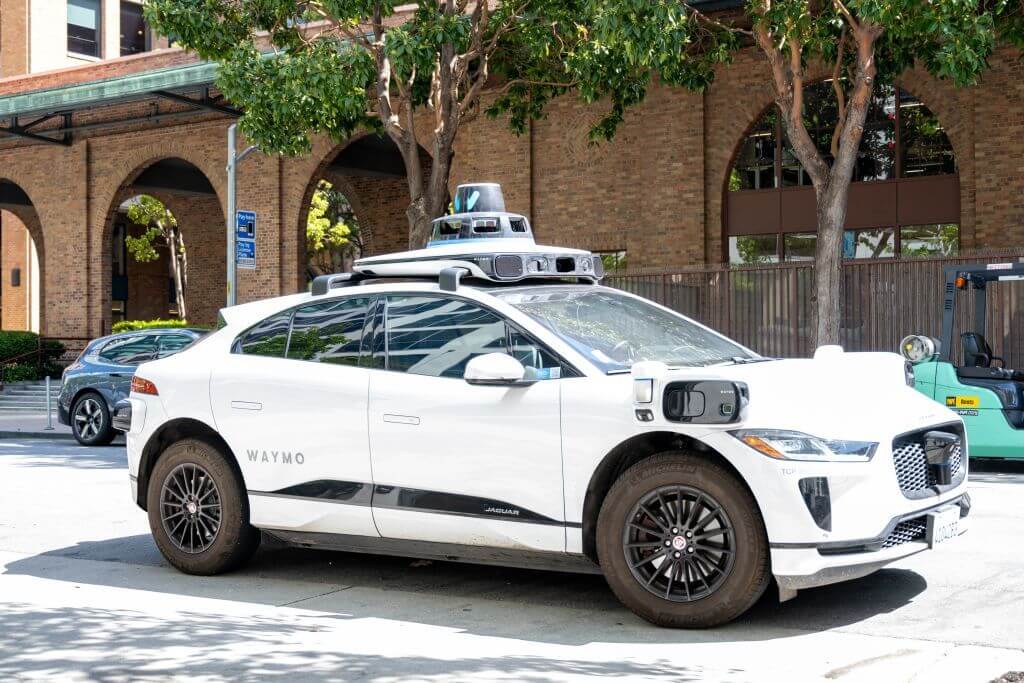Waymo, Alphabet's self-driving technology division, is setting its sights on Washington, D.C., with plans to launch its fully autonomous ride-hailing service in the nation's capital by 2026. This move marks a significant expansion for Waymo, as it aims to bring its Waymo One service to a city that houses federal regulators and lawmakers, potentially influencing the future of autonomous vehicle legislation.
The company has already initiated the process, having begun moving vehicles to Washington, D.C., in January 2025. They intend to increase their fleet in the coming weeks as they work towards launching paid commercial services next year. However, a key challenge lies in the current legal framework of Washington, D.C., which does not permit fully autonomous operations. In response, Waymo has stated its commitment to collaborating with policymakers to establish the necessary legal foundation for driverless operation.
Waymo One currently provides over 200,000 paid passenger trips weekly across San Francisco, Phoenix, Los Angeles, and Austin. The company reported over 4 million paid trips in 2024. Before the anticipated D.C. launch, Waymo plans to extend its service to Atlanta and Miami. This expansion demonstrates Waymo's growing confidence in its technology and its ambition to become a leading player in the autonomous ride-hailing market.
The move to Washington D.C. is strategic, given the city's position as the home of federal regulators and lawmakers, who play a crucial role in shaping the future of autonomous vehicle deployment across the country. Automakers and tech companies are keen for the government to accelerate the process of vehicle deployment, and Waymo's presence in D.C. could help facilitate these discussions.
Waymo's journey hasn't been without its challenges. In May 2024, the National Highway Traffic Safety Administration (NHTSA) launched an investigation following 22 reports of Waymo robotaxis exhibiting potentially unsafe driving behavior or demonstrating "unexpected behavior," including 17 collisions. NHTSA highlighted that several incidents "involved collisions with clearly visible objects that a competent driver would be expected to avoid." Furthermore, in June 2024, Waymo recalled 672 of its self-driving vehicles after one struck a wooden utility pole in Phoenix. The recall involved a software update designed to improve the vehicles' detection response to poles, along with mapping updates and improvements. Waymo also recalled 444 self-driving vehicles in February 2024 after two minor collisions in Arizona, attributing the incidents to a software error that could cause automated vehicles to inaccurately predict the movement of a towed vehicle.
Despite these incidents, Waymo maintains that its vehicles have a strong safety record. Citing collision data from over 50 million rider-only miles (80.5 million km), Waymo asserts that its vehicles have been involved in 81%, or 154, fewer injury-causing crashes compared to an average human driver.
Waymo's early lead in the robotaxi market can be traced back to its origins as a secret project within Google in 2009, before being spun off into a separate company owned by Alphabet Inc. in 2016. Now, other companies are also entering the autonomous vehicle space. Amazon and Tesla are preparing to launch their own services in different U.S. cities, while Lyft intends to integrate robotaxis as an option in Atlanta and Dallas.
As Waymo prepares to launch in Washington, D.C., it faces the task of convincing both policymakers and the public of the safety and reliability of its technology. Success in D.C. could pave the way for further expansion and wider acceptance of autonomous vehicles in the future. The company's commitment to working with regulators and addressing safety concerns will be crucial in achieving its goals and shaping the future of transportation.
















